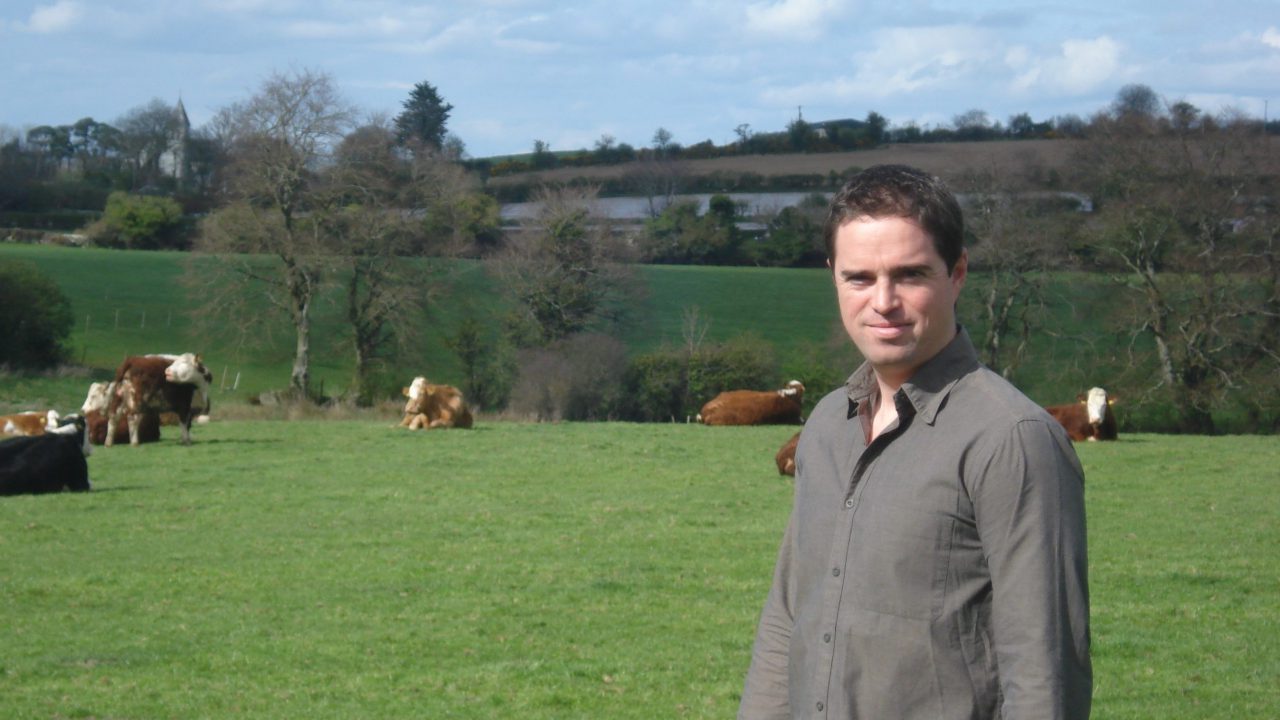As farmers, we know all too well that things break, and depending on the day we might have to do anything from plumbing a drinker, fixing a calving light or changing the head on a grape/sprong.
The farm workshop is central to all this. It’s a part of the farm we can’t do without, but it also presents a unique set of risks that we must be aware of.
The aim of this article on farm safety is to remind farmers about those risks, and how to mitigate them.
Considering the task at hand
As Minister of State at the Department of Agriculture, Food and the Marine with responsibility for farm safety, I will always urge farmers to take time to consider the task they have ahead of them and how they can complete it safely.
Every machine on the farm needs to be maintained and kept in good working order. Maintenance extends the life of a machine, reduces the chance of a breakdown and ensures that the machinery is safe to use.
When breakdowns happen, the first instinct is to get the machine working again so the task at hand can be finished, particularly if you’re under pressure due to things like the weather.
But before starting a job in the workshop, ask yourself if you have the skills, tools and time to carry out the repairs or maintenance, no matter how big or small the job.
Sometimes the best decision will be to get a competent mechanic to do the job.
Legal obligations
Farmers have a legal duty to prepare and implement either a Safety Statement or a Farm Safety Code of Practice – Risk Assessment, which can be used if you have three or less employees on your farm.
The Safety Statement or Risk Assessment is one of the most important documents you must have on your farm.
It is not just a form to be completed and forgotten about. Go through it and check that it addresses all the hazards in your workshop.
Here are some simple tips to help make your workshop safer:
- Clothing and personal protective equipment (PPE) – always wear PPE appropriate to the work being undertaken, such as eye protection when using an angle grinder or ear protection when using loud tools. These relatively inexpensive items help protect you from injury. Do not wear loose clothing which could get caught in tools or equipment;
- A clean workshop can help reduce the risk of trips or falls and also reduces the risk of fire. The risk of fire is also lessoned if waste materials are not allowed build up in the workshop. Any spillages should be cleaned as soon as possible also;
- Read the manuals – all farm machinery and tools come with operator / maintenance manuals. If you’re not confident about how a tool works or you’re not familiar with it, reading the manual might be boring but it is effective. It will keep you safer and reduce the risk of damaging your tools or equipment;
- Take extra precaution when working on a hydraulically attached implement and be sure to use stands when working under raised machinery. A jack is only for lifting the equipment.
Finally, when not in use, your workshop should be locked, not just to protect against theft, but more importantly to prevent an untrained adult or a child accessing dangerous equipment or chemicals.
